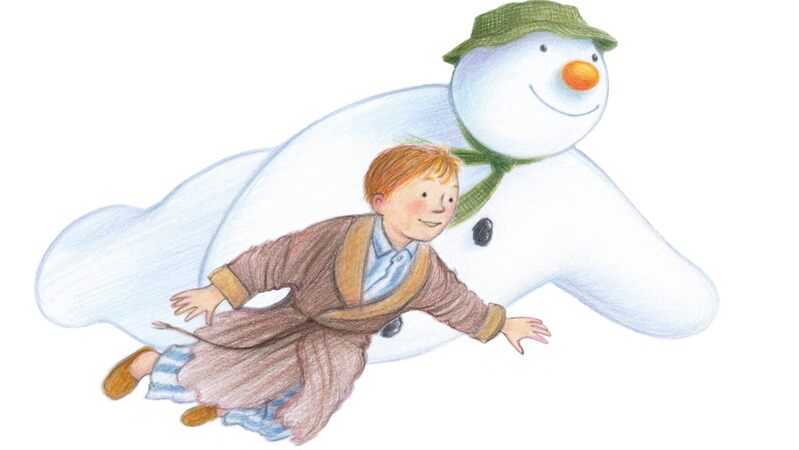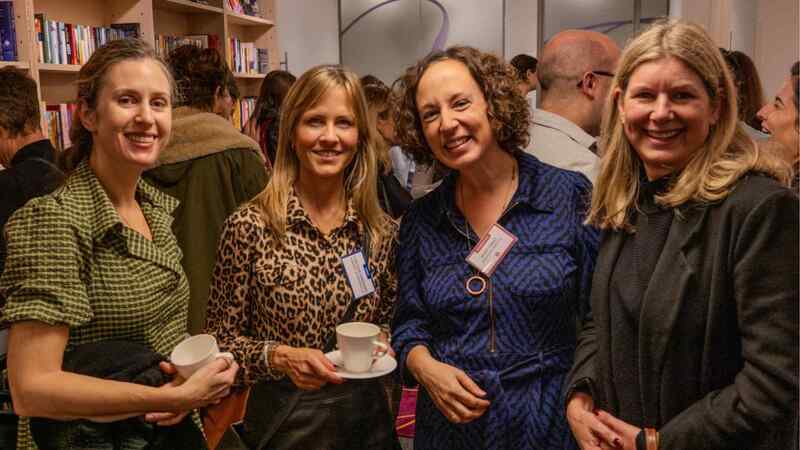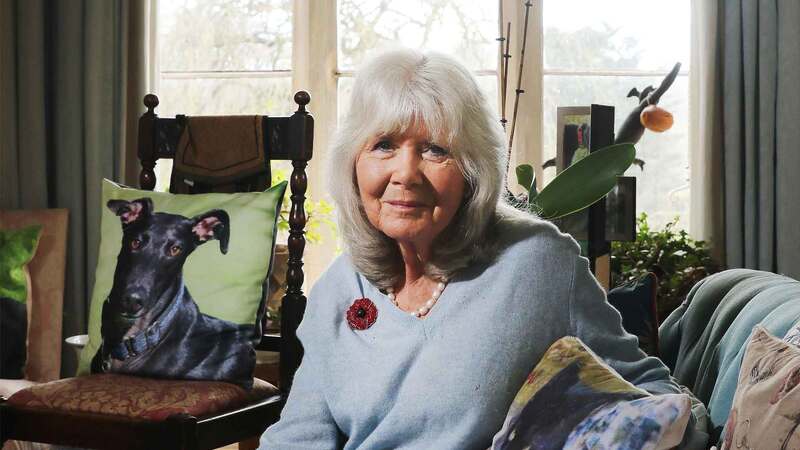You are viewing your 1 free article this month. Login to read more articles.
Writ to the future
In October 2004, Google founders Larry Page and Sergey Brin made a rare appearance at the Frankfurt Book Fair to launch what for them must have seemed like an ambitious yet benign programme to scan the world’s published content and make it available to search online, under what was then called the “Google Print” programme. At the time, The Bookseller wrote: “The prospect is both thrilling and frightening for the book industry, raising a host of technical and theoretical issues.”
Remarkably, those issues continue to play out today: the litigation that has enveloped the initiative—renamed “Google Book Search” in 2005—spilled over into its 11th year in September. Last week the Second Circuit Court of Appeals in the US agreed with the decision made by the Southern District Court last year, that though “this copyright dispute tests the boundaries of fair use”, the search engine’s use of the texts was nevertheless “transformative”. The appeal’s judges concluded: “The purpose of the copying is highly transformative, the public display of text is limited and the revelations do not provide a significant market substitute for the protected aspects of the originals.”
The case no longer feels as fundamental as it once was: Google drew the sting out of the land-grab by launching a partner programme, enabling copyright-holders to limit what text Google would display, and removing advertising. The Association of American Publishers settled its dispute in 2012. The Authors Guild is fighting on, appealing the decision at the Supreme Court on the principle that Google’s “seizure of property”remains a serious threat to writers, with the unsanctioned background use Google makes of these texts still unclear.
However it fares, the world has changed. A simple reading of the case would suggest that in the battle between books and big tech, the latter won. In establishing a copyright exception around “transformative use”, the US courts have dangled a carrot in front of other companies that might seek to reshape this space without first engaging with copyright-holders.
Yet two things come out of this that the industry might value. First, the process has demonstrated to EU and UK reformers how a weakened copyright regime is as likely to stimulate litigation as innovation: as the Society of Authors pointed out, under the UK’s fair dealing provisions Google could not have got so far. Second, this battle may have been bruising but it was also informative for both sides, with publishers now more used to dealing with big (and small) tech. If Brin and Page were to return to Frankfurt, they would find publishers no less protective of their assets, but more ready to engage as equals. More thrilled than frightened, perhaps.




















